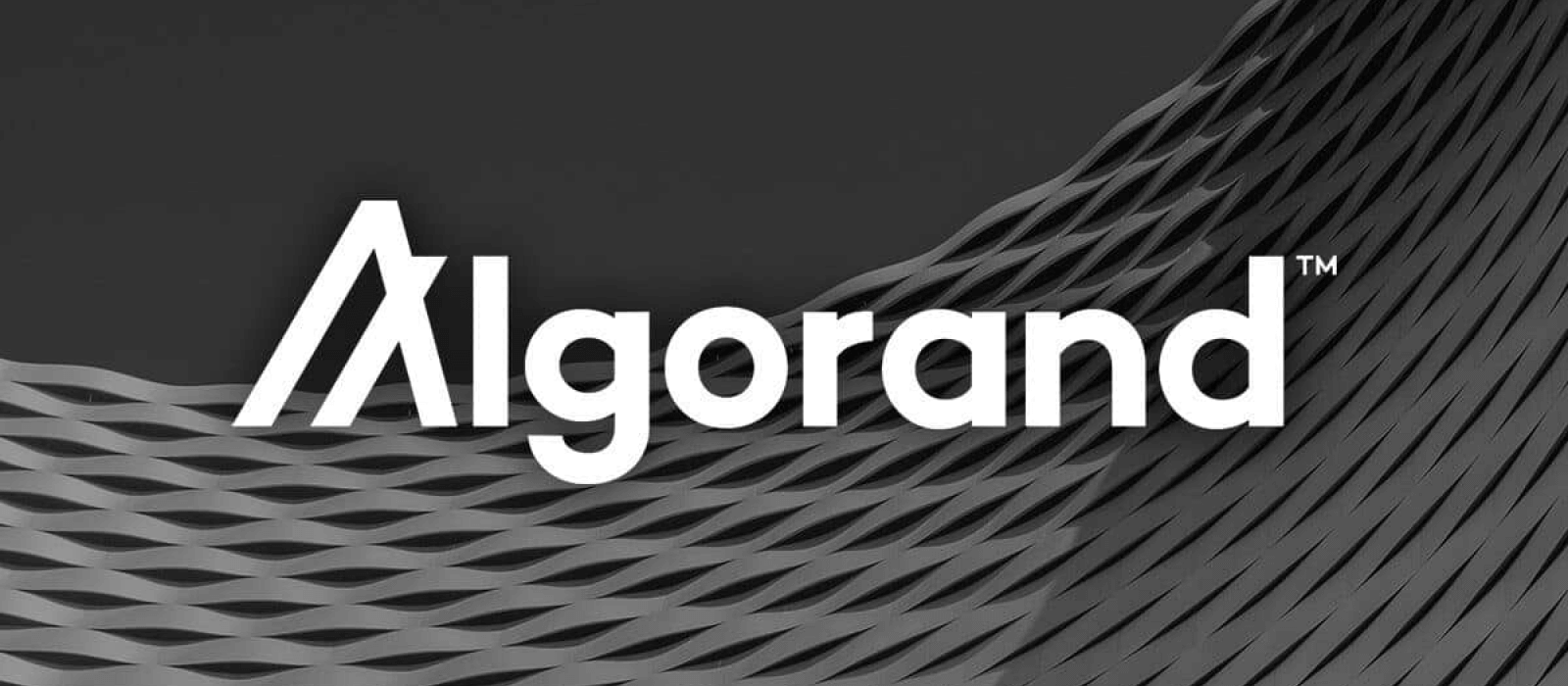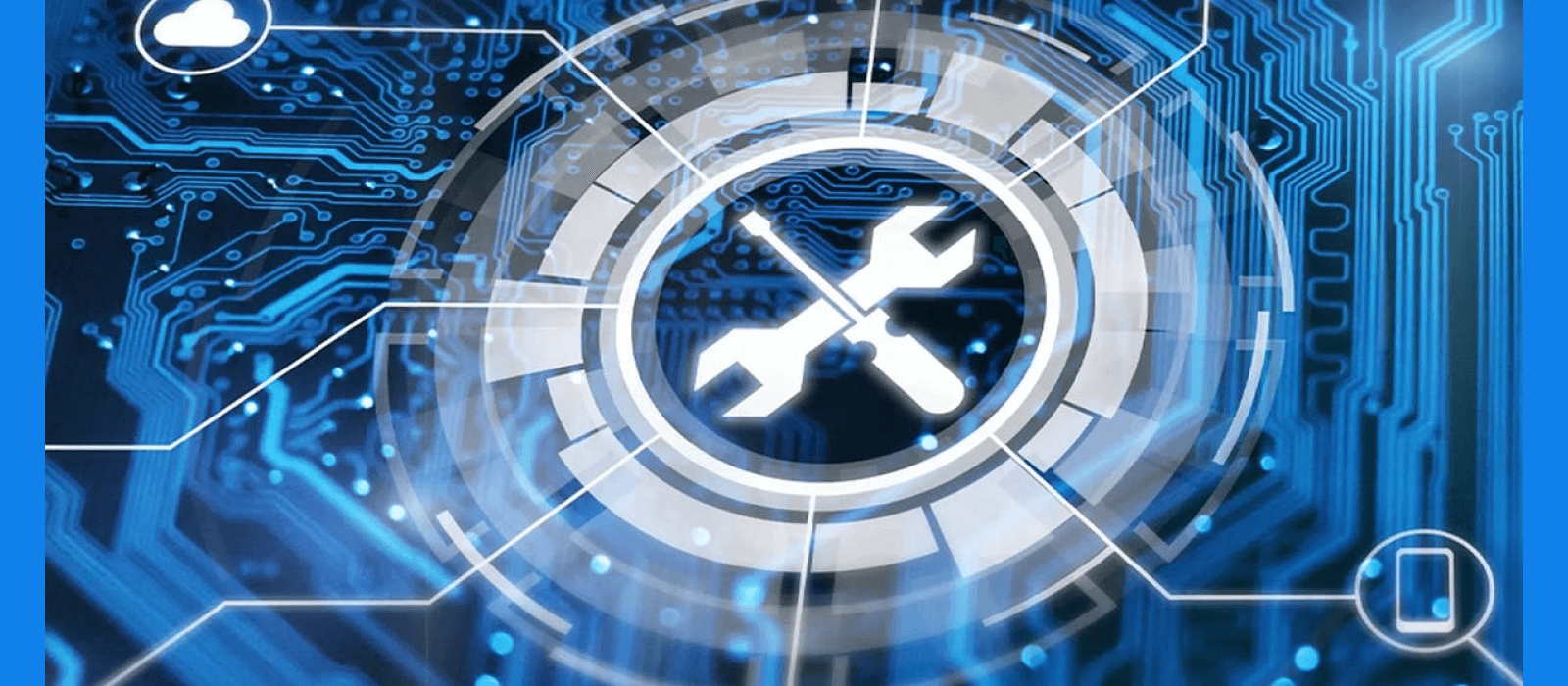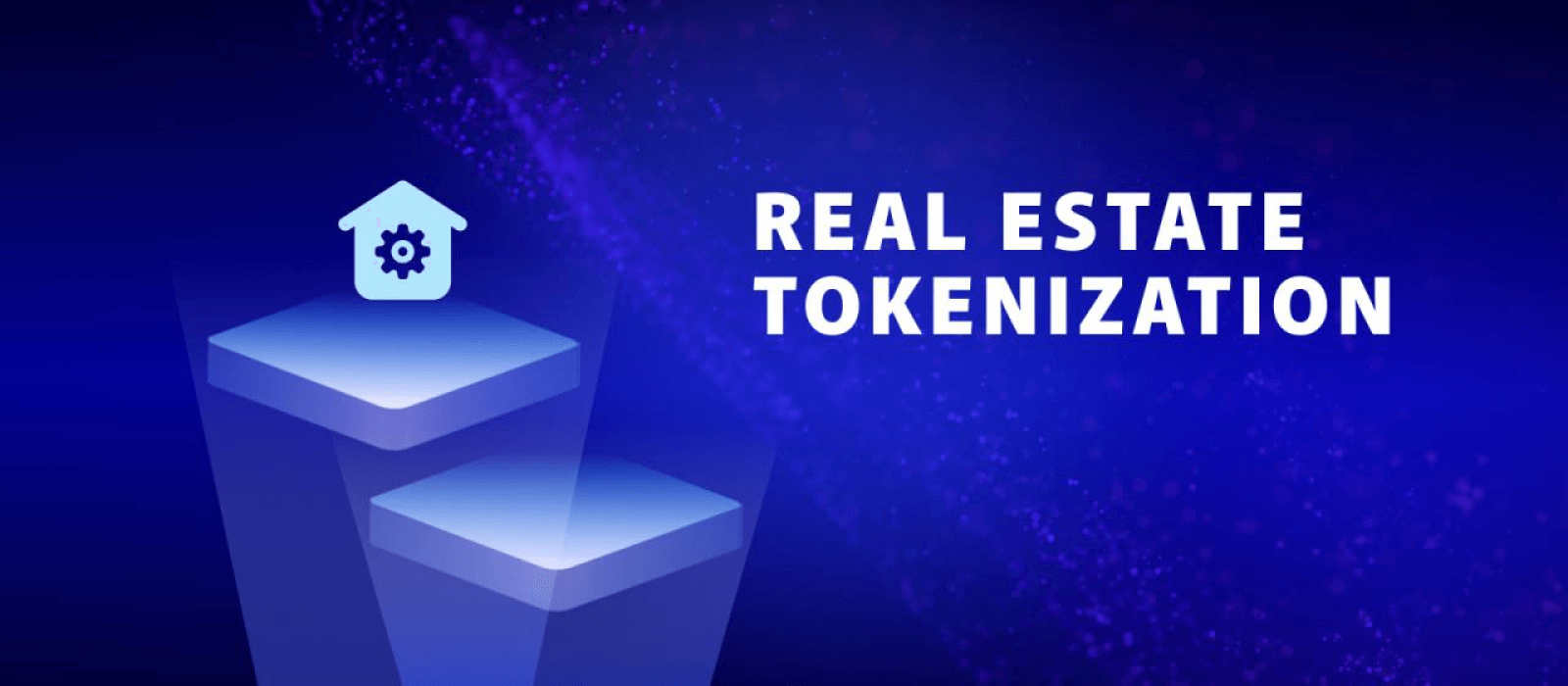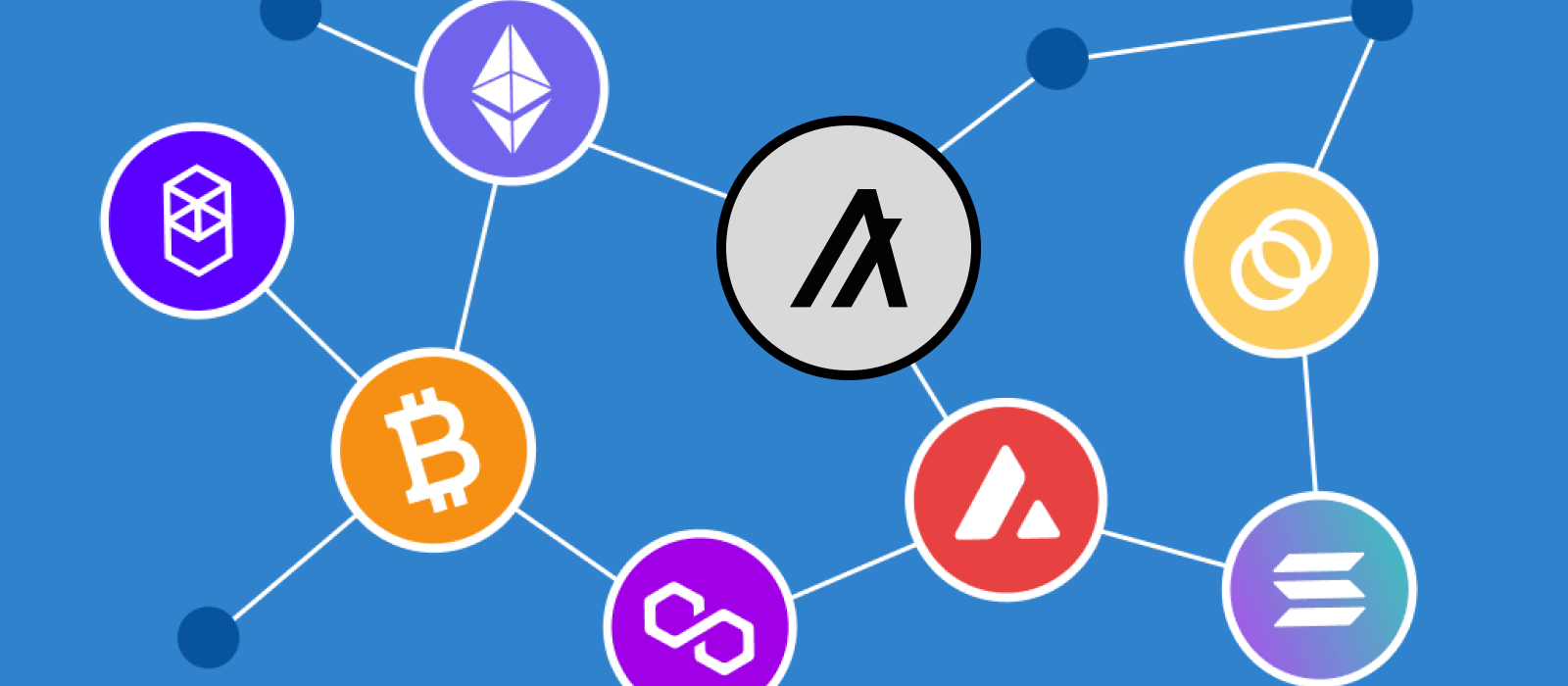In the rapidly evolving landscape of blockchain technology, smart contracts have emerged as a game-changing innovation. These self-executing contracts, residing securely on blockchain networks, possess the power to reshape a multitude of industries by automating intricate processes and eradicating the need for intermediaries. This article embarks on a journey to demystify smart contracts, exploring their fundamental concept, intricate workings, myriad benefits, and tangible real-world applications.
Smart contracts represent a fusion of traditional contract law and cutting-edge technology. By encoding contractual terms and conditions into self-executing code, these contracts enable trust and enforceability in a trustless digital realm. Their deployment across blockchain platforms like Ethereum has introduced a new era of transparency and efficiency in various domains, from finance to supply chain management.
Throughout this article, we will navigate the depths of smart contracts, shedding light on their transformative potential. We will elucidate how they operate, the advantages they bring, and real-world instances of their deployment. By the end of this comprehensive guide, you will have a firm grasp of smart contracts and their pivotal role in the ongoing revolution of blockchain technology.
What Are Smart Contracts?
Smart contracts, the digital offspring of traditional agreements, come to life with self-executing capabilities and well-defined rules embedded within computer code. These innovative contracts find their natural habitat on blockchain platforms, including Ethereum and Algorand. They operate autonomously, triggering predefined actions when specific conditions are met. In this chapter, we'll explore the essence of smart contracts, highlighting their distinctive features and how they are poised to disrupt conventional contractual processes, with a particular focus on Algorand's contributions to the space.
Algorand, a leading blockchain platform, plays a significant role in advancing the capabilities and adoption of smart contracts. Similar to Ethereum, Algorand supports the deployment of smart contracts, enabling automated and trustless execution of agreements. Algorand's unique consensus mechanism, based on Pure Proof of Stake (PPoS), enhances the efficiency and scalability of smart contracts, making it an attractive choice for developers and businesses seeking to leverage this technology.
At their core, smart contracts on Algorand function much like those on Ethereum. They automate the execution of contractual clauses without requiring intermediaries, such as banks, lawyers, or notaries. This autonomy accelerates processes, minimizes the potential for human error, and reduces costs. Algorand's commitment to decentralization further ensures the security and trustworthiness of these contracts.
For instance, consider a supply chain scenario where a smart contract on the Algorand blockchain tracks the provenance of products from manufacturer to consumer. The contract's code defines the conditions for each transfer of ownership or shipment, automatically updating the blockchain as goods change hands. This transparency and automation enhance traceability and trust throughout the supply chain, all while reducing administrative overhead.
One of the key attributes of smart contracts on Algorand is their scalability and low transaction fees, thanks to the platform's advanced consensus algorithm. This feature makes it an attractive choice for applications requiring high throughput and cost-efficiency.
In summary, smart contracts represent a revolutionary shift in the world of agreements and transactions, and Algorand's presence in this space further strengthens their impact. By leveraging Algorand's blockchain platform, businesses and developers gain access to efficient, secure, and scalable smart contract solutions, ushering in a new era of automation, transparency, and cost savings across various industries. As we explore further, we'll uncover the intricacies of how these self-executing contracts operate and their far-reaching implications.
How Do Smart Contracts Work?
To gain a deeper understanding of how smart contracts operate, it is crucial to delve into the underlying technology. This chapter elucidates the essential components of smart contracts, with a focus on their functionality within the Algorand blockchain ecosystem. We will explore the core aspects of smart contracts, including code execution, consensus mechanisms, and the pivotal role of decentralized networks, all while highlighting the significance of cryptocurrencies, especially Algorand's native cryptocurrency, ALGO, in facilitating transactions within these contracts.
Code Execution:
Smart contracts are self-executing pieces of code that run on blockchain networks. In the context of Algorand, smart contract code is written in languages like Transaction Execution Approval Language (TEAL) and LogicSig, which are optimized for efficiency and security. When specific conditions encoded in the contract are met, the Algorand blockchain automatically executes the contract's code, leading to actions such as fund transfers, record updates, or other predefined operations.
Consensus Mechanisms:
Algorand employs a unique and efficient consensus mechanism known as Pure Proof of Stake (PPoS) to secure its blockchain. This consensus mechanism plays a vital role in ensuring the reliability of smart contracts. By involving ALGO token holders in the consensus process, Algorand guarantees the integrity of transactions and the execution of smart contracts without the need for resource-intensive mining or excessive energy consumption.
Role of Decentralized Networks:
Decentralization is a cornerstone of blockchain technology, and Algorand adheres to this principle rigorously. Smart contracts on Algorand are executed on a decentralized network of nodes spread across the globe. This decentralized architecture ensures that no single entity has control over the network, enhancing security and trust in the execution of smart contracts.
Cryptocurrencies in Smart Contracts:
Cryptocurrencies, such as ALGO, serve as the lifeblood of smart contracts on the Algorand blockchain. ALGO facilitates payments and transactions within smart contracts, allowing for the seamless exchange of value. Whether it's a financial transaction, supply chain event, or any other contractual arrangement, ALGO ensures that the contracts operate smoothly and securely.
In conclusion, smart contracts within the Algorand blockchain ecosystem exemplify the power of blockchain technology. By understanding the intricate interplay between code execution, consensus mechanisms, decentralized networks, and cryptocurrencies like ALGO, we can grasp the full potential and reliability of smart contracts on the Algorand platform. As we continue our exploration, we'll uncover real-world use cases and the tangible benefits these smart contracts offer.
Benefits of Smart Contracts on Algorand
Smart contracts, particularly within the Algorand blockchain ecosystem, bring forth a multitude of advantages that are reshaping industries and enhancing efficiency. In this chapter, we'll delve into the substantial benefits offered by Algorand-based smart contracts, including heightened security, automation, transparency, and cost-effectiveness. Real-world instances will illustrate how these smart contracts are revolutionizing key sectors such as finance, supply chain, and real estate.
1. Enhanced Security:
Smart contracts on Algorand are renowned for their robust security features. The blockchain's Pure Proof of Stake (PPoS) consensus mechanism, combined with its immutable ledger, ensures that once a contract is deployed, it is tamper-proof. This level of security reduces the risk of fraud and disputes, instilling trust among contract participants.
2. Automation:
One of the hallmark benefits of smart contracts is their automation capabilities. In the finance sector, for instance, Algorand-based smart contracts can automate tasks like loan disbursement and repayment, removing the need for intermediaries and streamlining processes. Supply chain participants can automate the tracking of goods and payments, reducing manual errors and improving efficiency.
3. Transparency:
Transparency is fundamental in blockchain technology, and Algorand doesn't disappoint. Smart contracts on the Algorand blockchain provide complete transparency as all transaction data is publicly recorded on the ledger. This transparency reduces the likelihood of disputes and ensures that all involved parties can verify contract execution.
4. Cost-Effectiveness:
Algorand-based smart contracts offer a cost-effective alternative to traditional contract execution. By eliminating intermediaries and automating processes, smart contracts reduce operational costs. For instance, in real estate, smart contracts can facilitate property transactions with lower fees, making homeownership more accessible.
Real-Life Examples:
Algorand's smart contracts are making a tangible impact across industries. In finance, microloans and cross-border payments are being facilitated with minimal fees and delays. Supply chains are becoming more efficient and transparent as smart contracts track the movement of goods and trigger payments automatically. In real estate, property transactions are being expedited, reducing administrative overhead.
In summary, smart contracts on the Algorand blockchain offer a myriad of benefits that are transforming various sectors. Enhanced security, automation, transparency, and cost-effectiveness are just a few of the advantages that Algorand-based smart contracts bring to the table. As we explore further, we'll delve into real-world applications and case studies that exemplify the impact of these smart contracts on industries and businesses.
Real-World Applications - Algorand in Action
In this chapter, we'll explore the tangible and transformative real-world applications of smart contracts within the Algorand blockchain ecosystem. These use cases illustrate how diverse sectors harness the power of Algorand-based smart contracts to streamline operations, enhance efficiency, and redefine the way they do business.
1. Automated Payments in the Gig Economy:
Smart contracts on Algorand have found a natural fit in the gig economy, where freelancers and gig workers often face delayed or unreliable payments. Algorand-based platforms are revolutionizing this landscape by automating payment processes. Case in point, a freelance platform can use smart contracts to release funds to a freelancer as soon as a project is completed and verified, ensuring timely and secure compensation.
2. Supply Chain Management:
The transparency and security of Algorand-based smart contracts make them invaluable in supply chain management. Companies can utilize smart contracts to track the movement of goods, verify product authenticity, and automate payments at various stages of the supply chain. This significantly reduces administrative overhead and the risk of errors, ultimately leading to cost savings.
3. Real Estate Transactions:
Real estate transactions often involve multiple intermediaries, extensive paperwork, and protracted timelines. Algorand-based smart contracts are simplifying this process. Buyers and sellers can engage in property transactions with minimal friction, as smart contracts handle tasks such as title verification, escrow, and fund transfers automatically. This expedites the transaction and reduces costs.
4. Decentralized Finance (DeFi):
The DeFi space has witnessed exponential growth, thanks in part to Algorand-based smart contracts. DeFi platforms on Algorand allow users to participate in lending, borrowing, and yield farming with reduced transaction fees and enhanced security. Users can engage in DeFi activities directly from their wallets, without the need for intermediaries.
Case Studies:
To illustrate the real-world impact, consider a pharmaceutical company utilizing Algorand-based smart contracts to track the production and distribution of vaccines in real-time, ensuring authenticity and compliance with regulatory standards. Or envision a global shipping company optimizing its logistics with automated smart contracts, reducing delays and improving customer satisfaction.
These are just a few examples of how Algorand-based smart contracts are reshaping industries. Their versatility, security, and efficiency make them a valuable tool for businesses seeking to streamline operations and enhance trust in an increasingly digitized world. As we continue to explore, we'll uncover even more innovative applications and case studies that demonstrate the potential of Algorand-powered smart contracts.
Challenges and Concerns - Navigating the Hurdles
Despite their many advantages, smart contracts, even within the Algorand blockchain ecosystem, are not without their fair share of challenges and concerns. In this chapter, we'll address these issues, including security vulnerabilities, scalability limitations, and legal recognition. It is essential to be aware of these challenges to make informed decisions when implementing smart contracts.
1. Security Vulnerabilities:
Smart contracts are executed as programmed, and any vulnerabilities or errors in the code can lead to significant issues. Even a small oversight can result in substantial financial losses. Security audits and thorough code reviews are vital to mitigate this risk. Algorand's security features help, but developers must still be vigilant in crafting secure contract code.
2. Scalability Limitations:
While Algorand is designed to handle high throughput, the scalability of smart contracts remains a concern, especially as adoption grows. Ensuring that a blockchain can handle the increasing volume of smart contract transactions without slowing down or becoming congested is crucial. Layer-2 solutions are being explored to address this issue.
3. Legal Recognition:
The legal recognition of smart contracts varies by jurisdiction. Some regions have embraced them, while others lag in terms of regulatory clarity. To ensure enforceability, parties entering into smart contracts must consider local legal requirements and seek legal counsel when necessary.
4. Irreversibility:
Smart contracts, once deployed, are immutable, meaning they cannot be easily altered or reversed. This can be advantageous but can also be problematic if errors occur or if conditions change. Consideration of dispute resolution mechanisms and flexible contract terms is essential.
5. Human Error in Code:
Human error in the coding of smart contracts can lead to catastrophic consequences. While auditing and testing can help mitigate this risk, developers must remain cautious, and there is always the potential for unforeseen issues to arise.
In conclusion, smart contracts on the Algorand blockchain offer numerous benefits, but they also come with challenges and concerns. It is crucial for businesses and individuals to be aware of these challenges and take appropriate precautions when developing and implementing smart contracts. As technology continues to evolve, addressing these concerns will play a pivotal role in realizing the full potential of smart contracts across various industries.
Future Prospects - Embracing the Tomorrow
In this final chapter, we peer into the promising future of smart contracts, especially within the Algorand blockchain ecosystem. As blockchain technology continues to evolve at an exponential pace, smart contracts are poised to play a pivotal role in shaping industries and fostering innovation across the globe.
1. Industry Transformation:
Smart contracts are expected to continue revolutionizing various industries, from finance to healthcare and beyond. As more businesses recognize the benefits of automation, cost-efficiency, and transparency, smart contracts will become an integral part of their operations.
2. Cross-Chain Compatibility:
The future holds the potential for smart contracts to transcend the boundaries of individual blockchains. Cross-chain compatibility could enable smart contracts to operate seamlessly across multiple blockchain platforms, fostering interoperability and expanding their utility.
3. Regulatory Advancements:
Regulatory clarity is essential for the widespread adoption of smart contracts. Governments and regulatory bodies are increasingly recognizing the importance of blockchain technology. Future developments in regulations are expected to provide a more structured framework for smart contracts, further enhancing their legitimacy and acceptance in mainstream business practices.
4. Enhanced Security and Privacy:
As the technology matures, improvements in security and privacy protocols will fortify smart contracts against vulnerabilities. Zero-knowledge proofs and advanced cryptographic techniques will likely play a crucial role in enhancing the confidentiality of contract data.
5. Integration with Emerging Technologies:
Smart contracts will continue to integrate with emerging technologies like Internet of Things (IoT), artificial intelligence (AI), and data analytics. This convergence will create new opportunities for automation and efficiency in various domains.
In conclusion, the future prospects of smart contracts within the Algorand ecosystem and the broader blockchain landscape are exceptionally bright. These digital agreements are set to redefine how business is conducted, offering enhanced efficiency, security, and transparency. As we move forward, the synergy between smart contracts and evolving technologies will unlock unprecedented potential, reshaping industries and driving innovation on a global scale.
Conclusion
Smart contracts, the marriage of blockchain and contract law, represent a seismic shift in how we conduct business and manage agreements. Their efficiency, security, and transparency have the potential to reshape industries across the board. Whether you're a blockchain enthusiast or a business owner, understanding the fundamentals of smart contracts is paramount in this rapidly evolving landscape.
Throughout this article, we've taken a deep dive into smart contracts, from their inception to their real-world applications and future promise. As blockchain technology matures, these contracts are positioned to disrupt and redefine traditional business practices.
As you navigate the dynamic world of smart contracts, remember that this transformative technology is more than a buzzword; it's a fundamental shift that can open new avenues, reduce costs, and enhance trust in transactions. So, embrace the potential of smart contracts, keep an eye on emerging developments, and prepare for a future where these digital agreements are at the forefront of innovation.
 6 min read
6 min read
 7 min read
7 min read
 8 min read
8 min read
 7 min read
7 min read
 11 min read
11 min read
 5 min read
5 min read
 5 min read
5 min read
 9 min read
9 min read
 7 min read
7 min read
 8 min read
8 min read
















